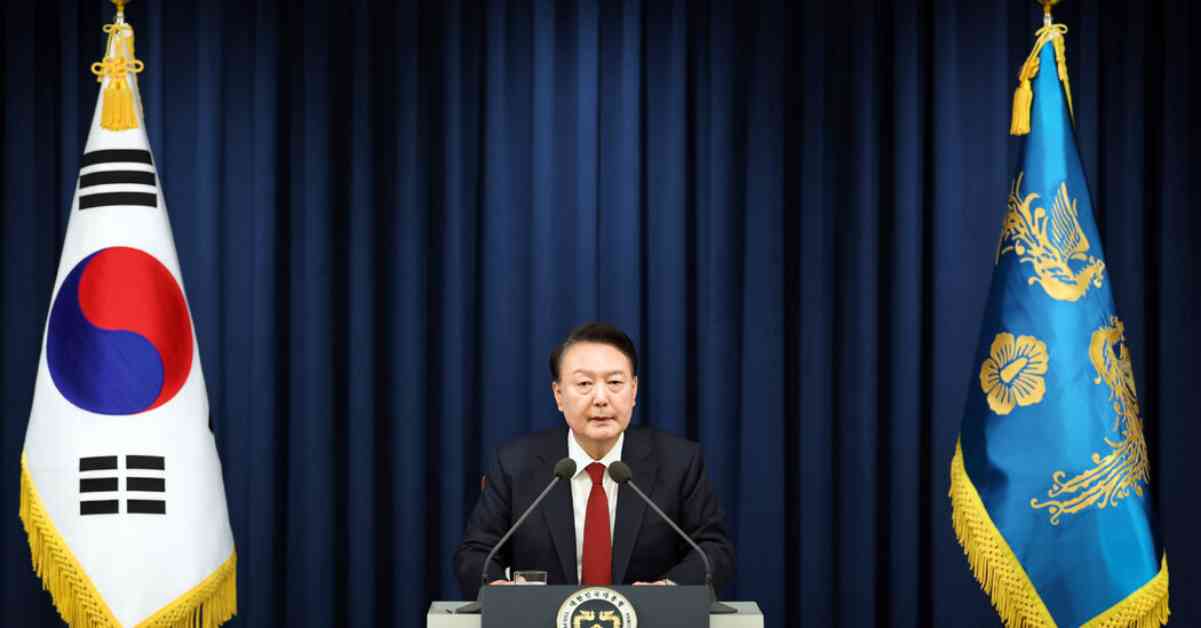President Yoon Suk Yeol of South Korea made a bold move on Tuesday night by declaring martial law, accusing the opposition of attempting to undermine democracy. However, in a surprising turn of events, he later announced the lifting of the declaration after facing pressure from the National Assembly, which unanimously demanded its end. This dramatic sequence of events marks the first martial law declaration in over four decades in South Korea, a nation that has strived to move past its history of military dictatorship in the late 1980s.
The President’s Controversial Decision
President Yoon’s decision to impose martial law came amidst a fierce political battle with the opposition, which holds a significant sway in Parliament. In his address to the nation, he accused the opposition of engaging in activities that threatened the country’s democratic fabric, such as impeachment attempts, legislative manipulation, and budgetary interference. The President emphasized the need to restore order and functionality to the government, calling on the legislature to cease actions that hinder the nation’s progress.
Unprecedented Reversal of Decision
Just hours after declaring martial law, President Yoon took a surprising U-turn by announcing the lifting of the declaration. He cited the lack of a quorum in the cabinet as the reason for the delayed action, expressing his commitment to upholding democratic principles and respecting the will of the National Assembly. This swift reversal highlights the delicate balance of power and the complex dynamics at play in South Korean politics.
Understanding Martial Law
The declaration of martial law by President Yoon raises questions about its implications and significance in a democratic society like South Korea. According to the country’s constitution, martial law can be proclaimed by the president in situations of military necessity or to maintain public safety and order during times of war, armed conflict, or similar national emergencies. This legal basis underscores the gravity of the President’s decision and its potential impact on the nation’s governance and stability.
As we reflect on these recent developments in South Korea, it is crucial to consider the broader implications of martial law and its implications for democracy and civil liberties. The delicate balance between security and freedom is at the heart of this issue, reminding us of the fragility of democratic institutions in the face of political turmoil. President Yoon’s actions have sparked a national debate on the limits of executive power and the need to safeguard the principles of democracy in times of crisis.

